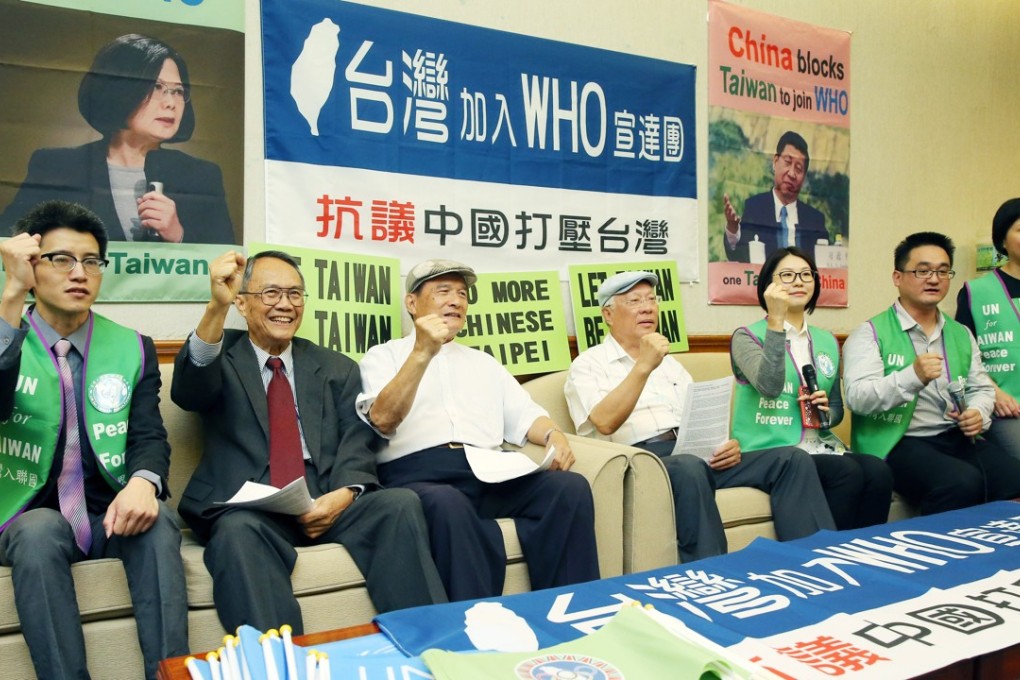Why Taiwan cares so much about getting an invitation to the World Health Assembly
And why Beijing likely hopes Taipei won’t get to go this year

It’s the day e-registration closes for the World Health Assembly, but Taiwan has still not received an invitation to attend. Without the invitation, the self-ruled island cannot sign up and will hence be left out of the annual international meeting that it has had a part in observing since 2009.
Why does Tsai care so much about having a role in the WHA, and what is Beijing’s stance on the issue? We tell you.
What is the World Health Assembly (WHA)?
The World Health Assembly is the World Health Organisation’s (WHO) decision-making body.
The assembly, which is held in Geneva, Switzerland, every year, is attended by delegates from all WHO member states, focusing on a specific health agenda prepared by its executive board. This year’s assembly will take place from May 22 to 31.
The WHA’s main functions are to determine the WHO’s policies, appoint its director-general, supervise financial policies, and review and approve the proposed programme budget.